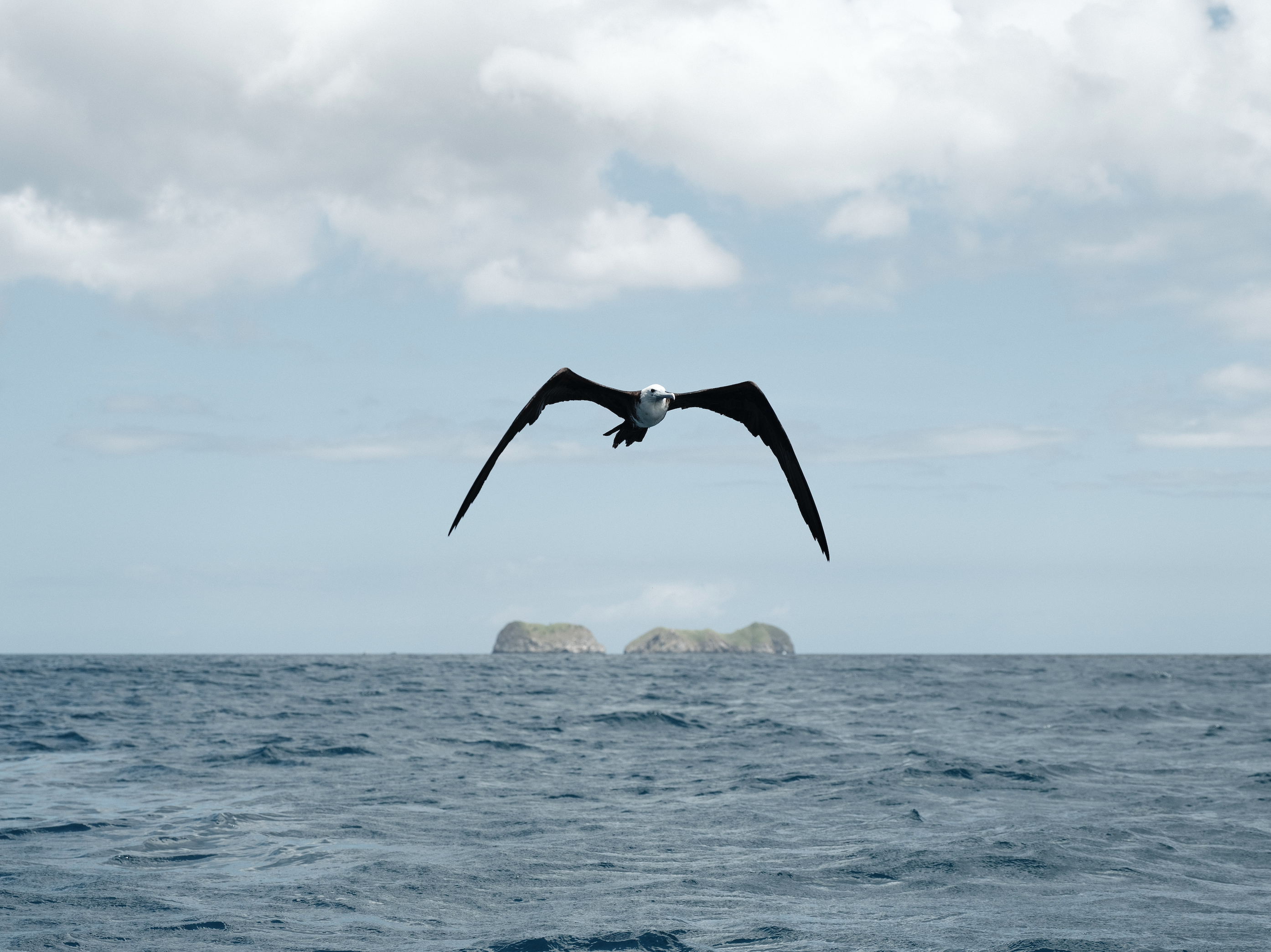Birdlife International – Funding for Flyways

Daniel Hotz
15.06.2023
A new £3 million partnership with ERF, Birdlife International and RSPB will help protect landscapes and millions of birds along the African-Eurasian Flyway.
Migratory birds travel vast distances, relying on sites across many countries. That’s why work to protect the hundreds of millions of them using the flyway must be on a global scale. This funding will help support work along the African-Eurasian Flyway.
Stretching from the Arctic to southern Africa, the African-Eurasian Flyway is one of four great global pathways migratory birds use. These routes crisscross the globe like ‘avian motorways’. The African-Eurasian Flyway is used by hundreds of millions of birds every year.
All along the flyway, threats such as habitat destruction and degradation, illegal hunting and climate change threaten the future of some of the most important sites. Losing these special places would greatly impact the migrating birds, which rely on them to breed, rest and refuel.
The £3 million funding means key sites along the flyway will be protected, well-managed and restored. It also means that threats can be reduced and a more sustainable future for migrating birds will be created.
The investment will enable the RSPB and BirdLife International to scale work across the Flyway. This will include boosting the capacity of local conservation organisations to drive the development and delivery of habitat and landscape works benefiting both migratory birds and local communities. For example, they will support their partners in Ghana to enable them to play a leading role in their work at Mole National Park, as well as building on a wide range of current conservation activities.
The partnership will also challenge high-risk development proposals that threaten key sites for migratory birds throughout the Flyway and build the foundations for long-term plans benefiting nature, people and climate by engaging with investors in the development of a Regional Flyway Initiative.
Investment along the Flyway
The funding will help increase work in key countries and landscapes. This will include re-wetting degraded habitat in Iceland, creating wildlife corridors in Ghana and protecting the Berg River Estuary in South Africa through habitat restoration.
The partnership will also develop;
- A blueprint for action where habitat restoration or creation is required at key sites across England’s East Coast Wetlands, contributing towards ongoing efforts to secure World Heritage status for the coastline.
- Livelihood activities and patrolling of protected areas and community forests in the Gola Rainforest spanning Liberia and Sierra Leone. This ‘birds eye’ approach makes sure they increase collaboration across borders. The methods demonstrated to work locally and nationally can be rolled out internationally.
Katie-Jo Luxton, Executive Director of Global Conservation at the RSPB, said: “We are very excited by this new international programme which will see people from many different countries working together to share knowledge and support action for nature and climate at scale. Our birds know no borders, so it’s imperative that we collaborate to find solutions to the challenges they face.”
Martin Harper, Vice President of Regions and Partnership at BirdLife International, said: “Reversing declines in migratory birds requires action to address threats throughout their flyway. Through the new investment of funding from the Ecological Restoration Fund, not only will we now have the capacity to tackle emerging threats to sites of importance to migratory birds, we will also have the potential to engage regional development banks to drive further investment in the African-Eurasian Flyway to benefit birds, people and the climate.”